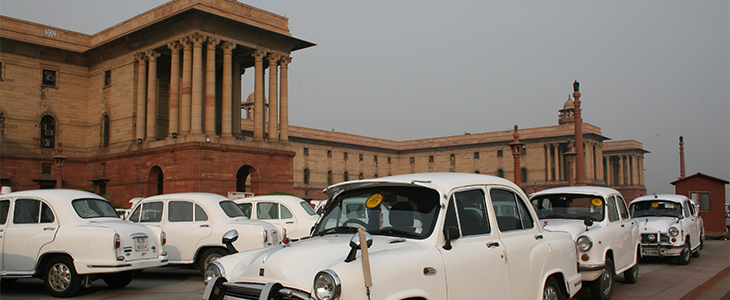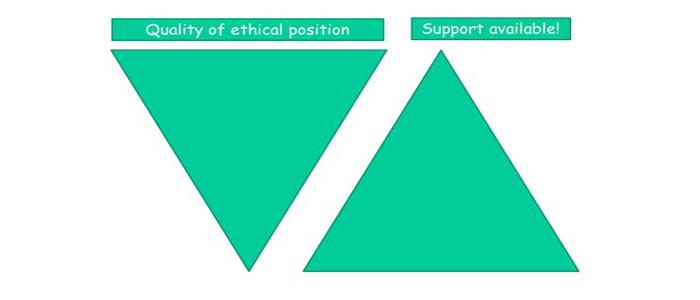
Ambition, Ethical Dilemmas and the Bureaucracy
30 September 2016
One of the reasons why I think that peer reviews and 360 degree appraisals won’t work, is nothing more than my cynicism. The performance appraisal system has undergone several changes over the years, all intended, at least on paper, to ensure that the most deserving reach the top. Yet, in my view, the percentage of dunderheads who still make it to stratospheric levels remain the same. Reforms have to be judged not by the effort put into them, but by what they have achieved. By that yardstick, performance appraisal reforms have not worked effectively in the past, they won’t work in the future.
However, cynicism is eventually a weak foundation on which to build up an argument. I would need to give more cogent and well-reasoned points, to bolster my view.
These were my thoughts as I wound up the road to Mussoorie last week. I was to speak to the newly recruited civil servants attending the Foundation Course at the Lal Bahadur Shastri National Academy of Administration, on the somewhat freewheeling subject of ethics, and anti-corruption. Two hours of lectures to a classroom of two hundred listeners and then, a repeat performance before the next batch of officers.
I always feel upbeat about visits to the National Academy. LBSNAA (pronounced as Labaasana by many; I hate that; it conjures up visions of a particularly unaesthetic Yogic pose) is run out of the former Charleville Hotel, a picturesque Victorian pile perched up in the hills, now considerably redesigned and modified to suit the needs of the current century. What is cheerful to note is the busy air it always conveys, of young recruits into the government, eager to learn and to question. The Common Foundation Course is where all officers, regardless of the service to which they are recruited – the police, the revenue service, the foreign service or the administrative service – meet, mingle and are oriented into the ways of functioning of the government.
Whenever the Academy invites me, it has become routine for me to protest that I cannot be expected to cover vast subjects such as anti-corruption, ethics and democratic decentralisation, in lecture sessions spanning a couple of hours. The Academy ignores my protests, and I meekly submit to their discipline, because I would not forsake an opportunity to interact with the Officer Trainees as they are so termed, at any cost.
The first thing to remember when walking into a lecture hall to speak about ethics, is that you cannot teach ethics. Once that insight is gained, things become a lot easier. So, I went about it my way, as I usually do, by asking questions to which there were no definite answers. I ended by reassuring the class that the answers to these questions often change over a lifetime.
What I attempted to convey was that while in every society there might be certain people who are absolute angels or incorrigible devils, the bulk of us are driven by a desire to comply with the predominant ethos of the society in which we live. This society develops its own standards, often illogical, of what is considered ethical behaviour, and builds a basket of incentives, that drive our behaviour in that direction.

The trouble arises, I explained, when the incentive structures within a society militate against ethical behaviour. This in turn creates an ethical dilemma in peoples’ minds, because engaging in ethical behavior means going against the grain. On the other hand, one is also faced with the seductive argument urged by the Mr. Hyde lurking in each one of us, that if everybody else is doing something wrong and profiting by it, why not we buckle too, and reap the benefits? I finally explained – and this was my cynicism showing here – that as one climbs up the ethical ladder, the support system on which one can rely becomes considerably weak.

It is in this environment, that one goes about clarifying to oneself what one’s ethical position is, and then, striving to reach that position.
How do organisations strive to create an ethical culture; one that constantly drives incentives to its people to remain ethical, regardless of the temptations of the opposite path? More of that in my next blog.




